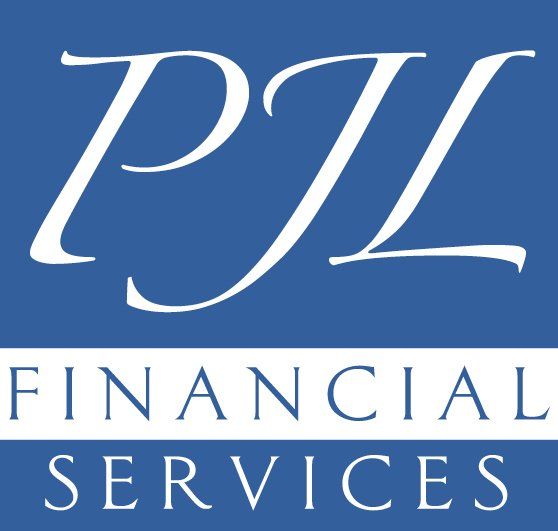The Information Hub
If your mortgage repayments have increased, you should review your financial protection

Over the last year, interest rates have steadily increased. If you have a mortgage, it may have affected your repayments, or could in the future. So, does your financial protection still provide the cover you need?
The Bank of England has increased its base interest rate to tackle high inflation, which has led to a rise in the cost of borrowing. If you have a loan with a variable interest rate, your repayments may have already increased.
As your mortgage is often the largest loan you take out, even a seemingly small change to the interest rate could mean your expenses are much higher. If you have a repayment mortgage of £240,000 over 25 years:
- An interest rate of 3% would lead to a monthly repayment of £1,138
- In comparison, repayments would rise to £1,404 if the interest rate increased to 5%.
So, it can have a significant effect on your budget and your ability to overcome financial shocks.
As a result, if you already have financial protection in place, it may no longer provide the security you want.
Income protection could provide financial support when you need it most
If your income stopped due to an illness or accident, what financial commitments would you need to meet? Regularly reviewing your outgoings could help you identify these and fill a gap if it’s needed.
Income protection could provide an income if you’re unable to work due to an accident or illness. It will typically provide you with a proportion of your usual salary, normally around 60%, until you return to work, retire, or the policy term ends. This could help you cover regular expenses and means you don’t need to worry about short-term finances.
According to the Association of British Insurers, the average income protection payout in 2021 was £23,380.
Just 12 months ago, your income protection may have been enough to maintain your lifestyle, but would that still be the case now?
Your mortgage repayments could be significantly higher than they were previously. Inflation has led to other costs soaring too, particularly energy and groceries.
While you may be confident about your ability to weather a financial shock, rising outgoings could mean you’re unprepared and face a shortfall if you ever need to rely on financial protection.
So, you should check your financial protection would still provide the income you need to be financially secure.
If you don’t have financial protection already in place, reviewing how you’d cope if you suffered a financial shock can be valuable.
Financial protection can give you peace of mind that, should something happen, you’ll have money to fall back on. While you would need to make paying premiums part of your budget, they may not be as high as you think.
2 more things to check to create a financial safety net you can rely on
1. Your emergency fund
An emergency fund can provide you with a safety net to cover short-term outgoings.
The amount you should have in your emergency fund will depend on your goals. Having enough to cover thre months of expenses is a common target.
Again, as inflation could mean your outgoings are higher, you may want to increase your cash reserves.
2. Your employer’s sick pay policy
It’s worth looking at your employer’s sick pay policy too. In some cases, they will pay your full income or a proportion of it for a defined period. This way, you wouldn’t need to rely on Statutory Sick Pay, which is unlikely to cover your essential expenses.
If your employer does provide sick pay, you could opt for financial protection that has a longer deferment period, which could lower your premiums.
Contact us to talk about your financial safety net
Having a financial safety net that reflects your regular outgoings is essential and can give you confidence about the future. If you have any questions about the steps you could take to improve your financial security, please contact us.
Please note: This blog is for general information only and does not constitute advice. The information is aimed at retail clients only.
Your home may be repossessed if you do not keep up repayments on a mortgage or other loans secured on it.












